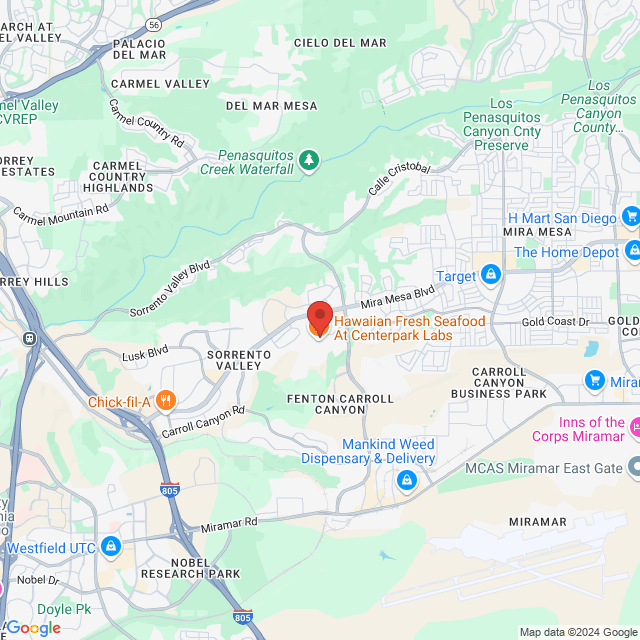Charles Schwab
Charles Schwab, the discount brokerage firm known for its commitment to maintaining credibility, has weathered the recent investigations into brokerage firm reliability with relatively few counts against it. This may be, in part, because until May of 2002, it refused to offer investors advice. Schwab culture held that offering investment advice would necessarily create a conflict of interest. The 2002 shift toward advising was made in an effort to provide disillusioned investors with financial guidance. To keep the newly offered advice objective, Schwab held to its practice of compensating employees through salary instead of through commission.
Although Schwab promoted a banking culture that was cautious to avoid compromising integrity, it didn't survive the telecom bust unscathed. Between 1999 and 2001, securities fraud lawsuits were filed against the company that pinpointed alleged problems in trading, regulation compliance, and fee billing.
Charles Schwab faced securities fraud lawsuits based on the following allegations:
Violation of Best Execution Obligations - February 22, 1999
Charles Schwab was charged with violating Rule 10(b)-5 of the 1934 Securities Exchange Act. The firm allegedly failed to trade securities at the best price available to it. The class action suit targets the trading period between February 1, 1996 and February 22, 1999.
Tardy Fee Billing - October 27, 2000
In September of 2000 Charles Schwab charged its clients backdated fees for short trading mutual funds. The fees of $199 per trade were implemented in early 1999 in an effort to limit the trading of mutual funds before a specified 180-day holding period. The fees had been explained to investors but, because of "computer-processing errors," Schwab failed to charge them to clients at the time they were accumulated (between February 10 and August 28, 2000). Charles Schwab attempted to collect the money for the seven-month period retroactively.
The lawsuit, which was filed in San Diego on behalf of over 1000 individuals, claims that Charles Schwab violated its own terms of agreement and Section 10(b) of the Securities Exchange Act of 1934 by charging the fees after months of unaddressed delays.
Regulation Compliance (U.S. Trust) - settled July 13, 2001
U.S. Trust, the investment firm that was purchased by Charles Schwab in 2000, paid a $10 million penalty on July 13, 2001 for failing to meet regulatory requirements of the Bank Secrecy Act (BSA). The BSA safeguards against money laundering and fraud. The settlement was paid in half to the Federal Reserve Board and in half to the New York State Banking Department. A cease and desist order issued to the company required it to begin implementing systems that complied with BSA standards.
Contact Our Office
Please contact Impact Law to learn more about Charles Schwab.




